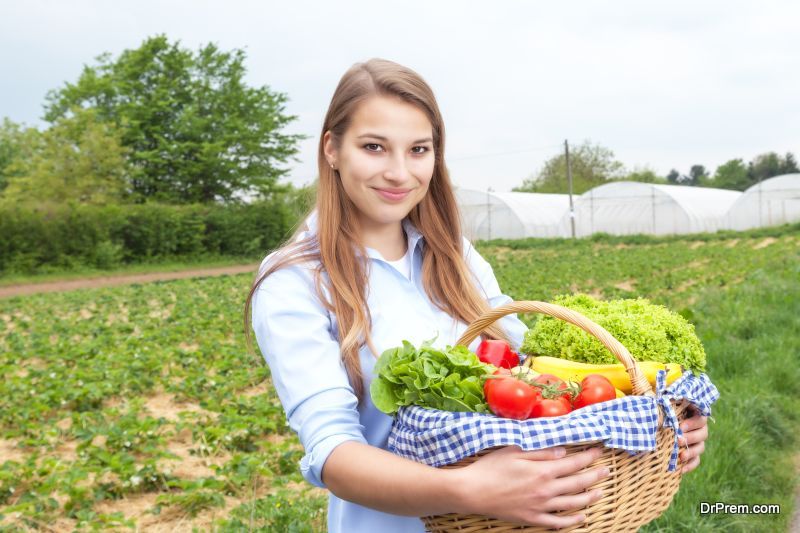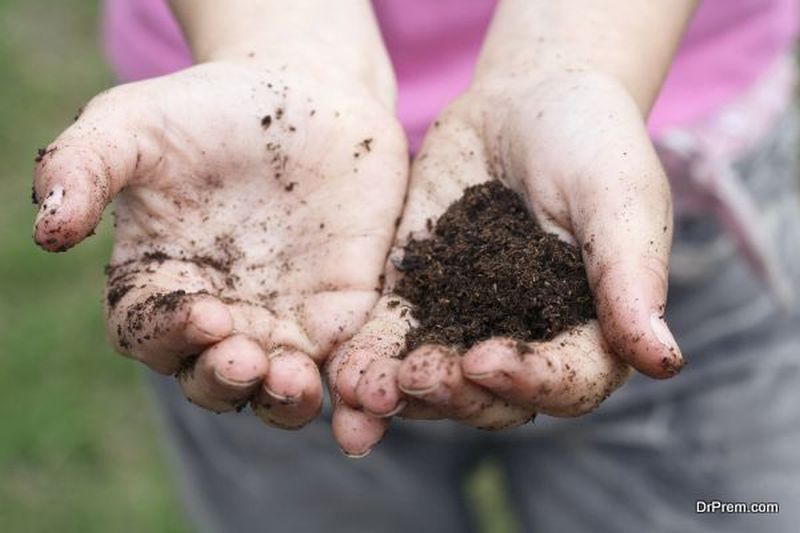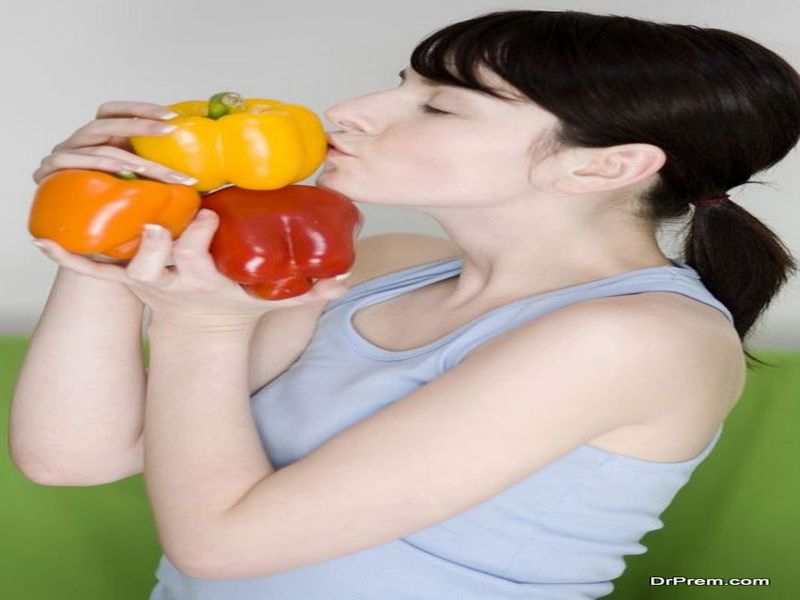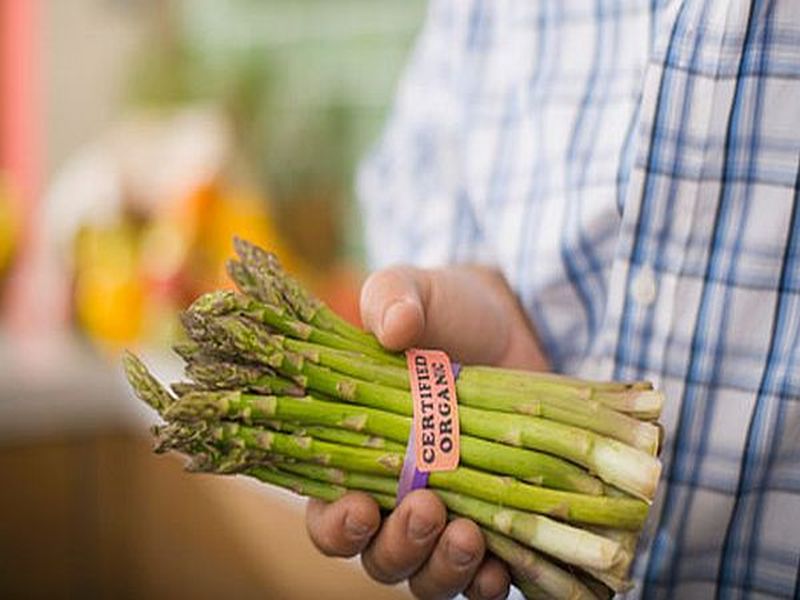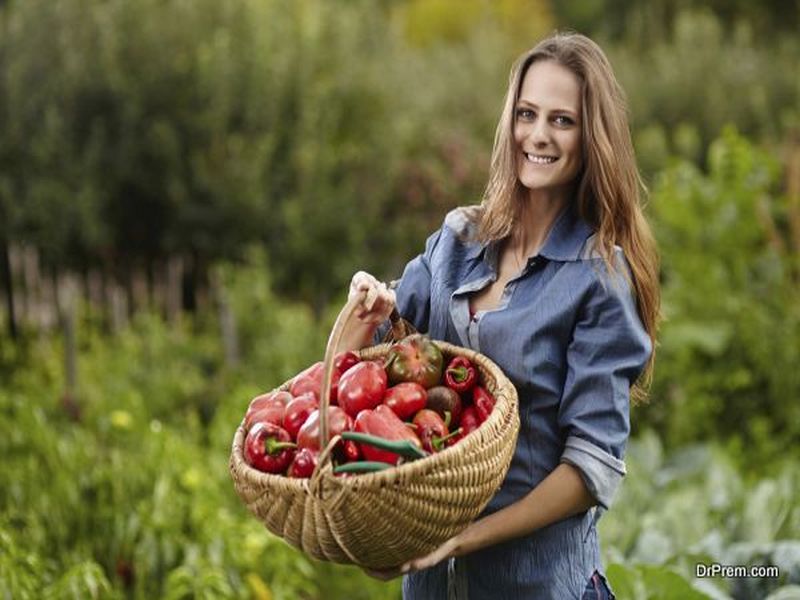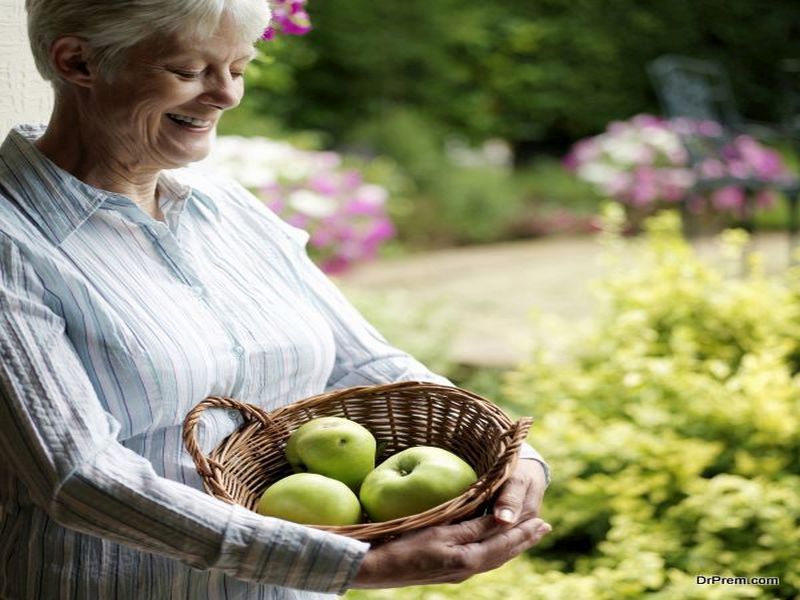What with chemical fertilizers and GMO foods in the market, you are apprehensive of buying vegetables and fruits which are non-organic. Organic produce, however, are a little expensive. The best thing is to grow your own organic garden, which is the healthiest alternative for you. Even if you don’t have enough space, you can grow certain vegetables in pots which don’t require much space and enjoy freshly grown vegetables and fruits. Read on to find out how you can make the most of your space and create your own organic garden:
Build the soil
The best way to pump up yields is building up soil. An organically rich soil encourages healthy roots which can reach deep into the earth to benefit from water and nutrients. Raised beds yield more as the space for paths is reduced, and also save time, according to a study. The closed space discourages weeds, and harvesting and watering is more efficient.
Start small
If gardening is completely new to you, you should start small, 2×4 ft and 10×10 ft patch would be easy to care for, rather starting on a big scale and not being able to look after it properly. If you’re bogged down by single-handedly weeding a bigger plot, you may give up the gardening idea! If you need some guidance to help you get started, visit Yard Masterz for the best gardening tips, tricks, and product reviews.
Pick out the right vegetables
Grow vegetables which your family eats and plant only the required quantity. Leafy vegetables like lettuce which are best enjoyed fresh or plant those which are expensive and hard to find. Also check which vegetables do well in your area, by searching online, or asking other avid gardeners. Include those vegetables which can yield for a long time, for example cherry tomatoes, cucumbers, and so on.
Growing upwards
You can get the best out of space by growing vertically. Tomatoes, peas, melons, squash, and pole beans can be supported by fences, trellises, stakes etc and in a less amount of space, you can grow a lot. Vines are less prone to fungi as they get more air circulation.
Grow from seeds
It’s best to sow seeds rather than seedlings. It’s easier to use seedlings, but many of them don’t do well when you transplant them. Plants which grow from seeds usually outperform seedlings. Non-hybrid organic seeds are better than hybrids, unless there is some disease which is not good for non-hybrid seeds. Organic seeds can be bought online if they’re not available locally. If you want just a few plants, you should buy seedlings rather than seeds.
Swap seeds with friends
Since there are a large number of seeds in every packet, you can swap some of the seeds, after deciding who will buy which seeds. Sharing the seeds will be less expensive for you and your friends.
Mulch
Use wood chips and shredded bark to create a layer of mulch around the trees, beds and shrubs. Doing this in early summer/ spring helps to seal the moisture in, and keeps weeds from spreading.
Interplant crops
If you want to get the most yield from different kind of crops, interplanting is a good idea. Compatible plants like corns, squash and beans can be grown together. Cornstalks support pole beans, and squash grows below, keeping the weeds away. Tomato, onion, basil and carrots, radishes and onions are other compatible combinations.
Succession plants
You can grow more crops in one season by succession planting. Corn can follow lettuce and garlic or other leafy vegetables can be grown after garlic, thus giving you three different crops in one season. Transplanting, choosing plants which mature fast, and fertilizing using compost will help you succeed in your succession planting.
Use soaker hose
Soaker hoses will keep your plant roots well supplied with water, will make water absorption efficient while reducing runoff which results in wastage of water.
Harvesting rain water
Keep barrels in your garden to catch rain water. Your plants would thrive in non-chlorinated water, and you’d be contributing to water conservation as well.
Your organic garden can bring you the fun of gardening as well as the satisfaction of eating vegetables grown by you, without the use of any harmful chemicals and helping you to avoid GMO food.


